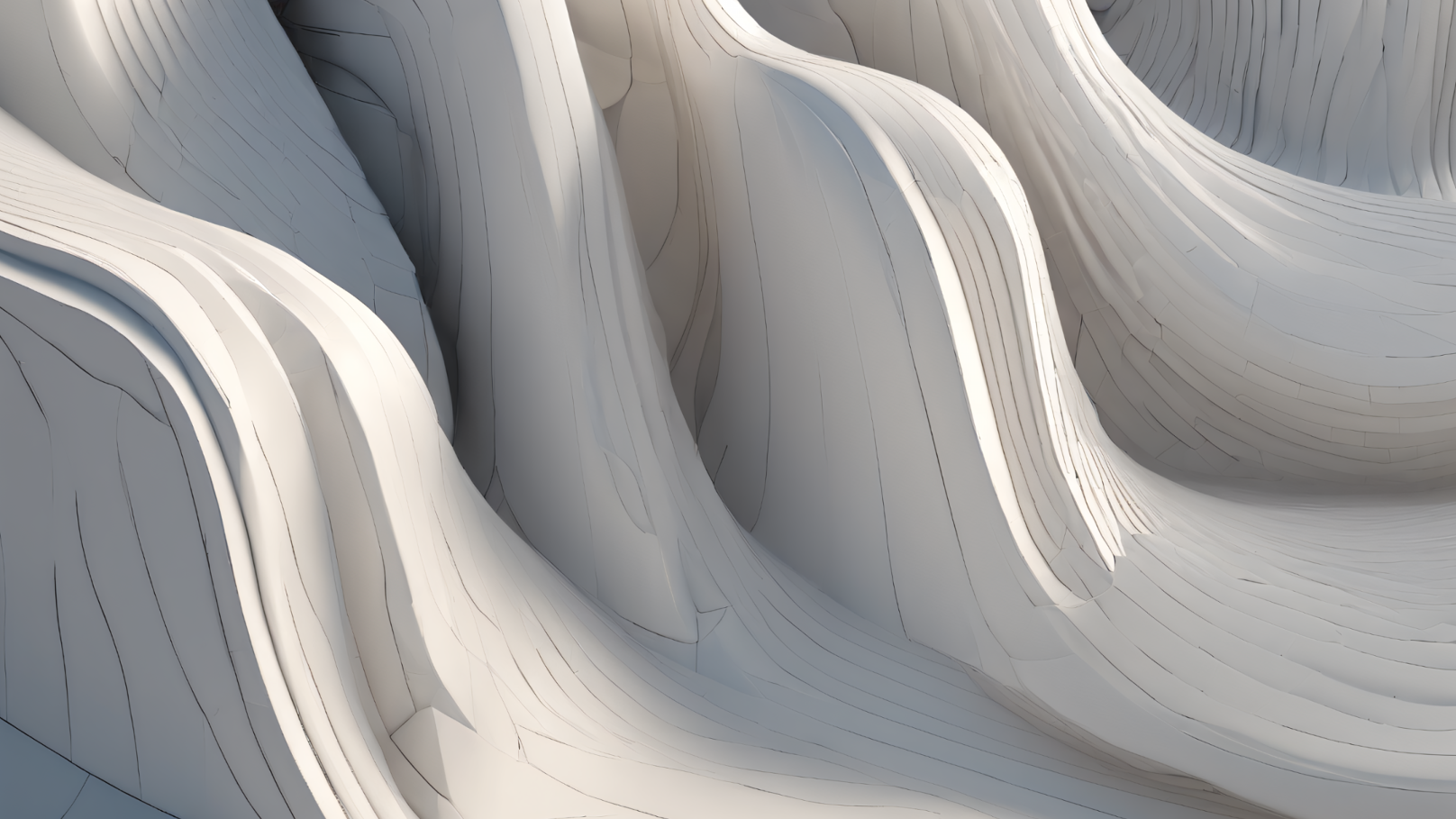Artificial Intelligence
The theory and development of computer systems able to perform tasks normally requiring human intelligence, such as visual perception, speech recognition, decision-making, and translation between languages.

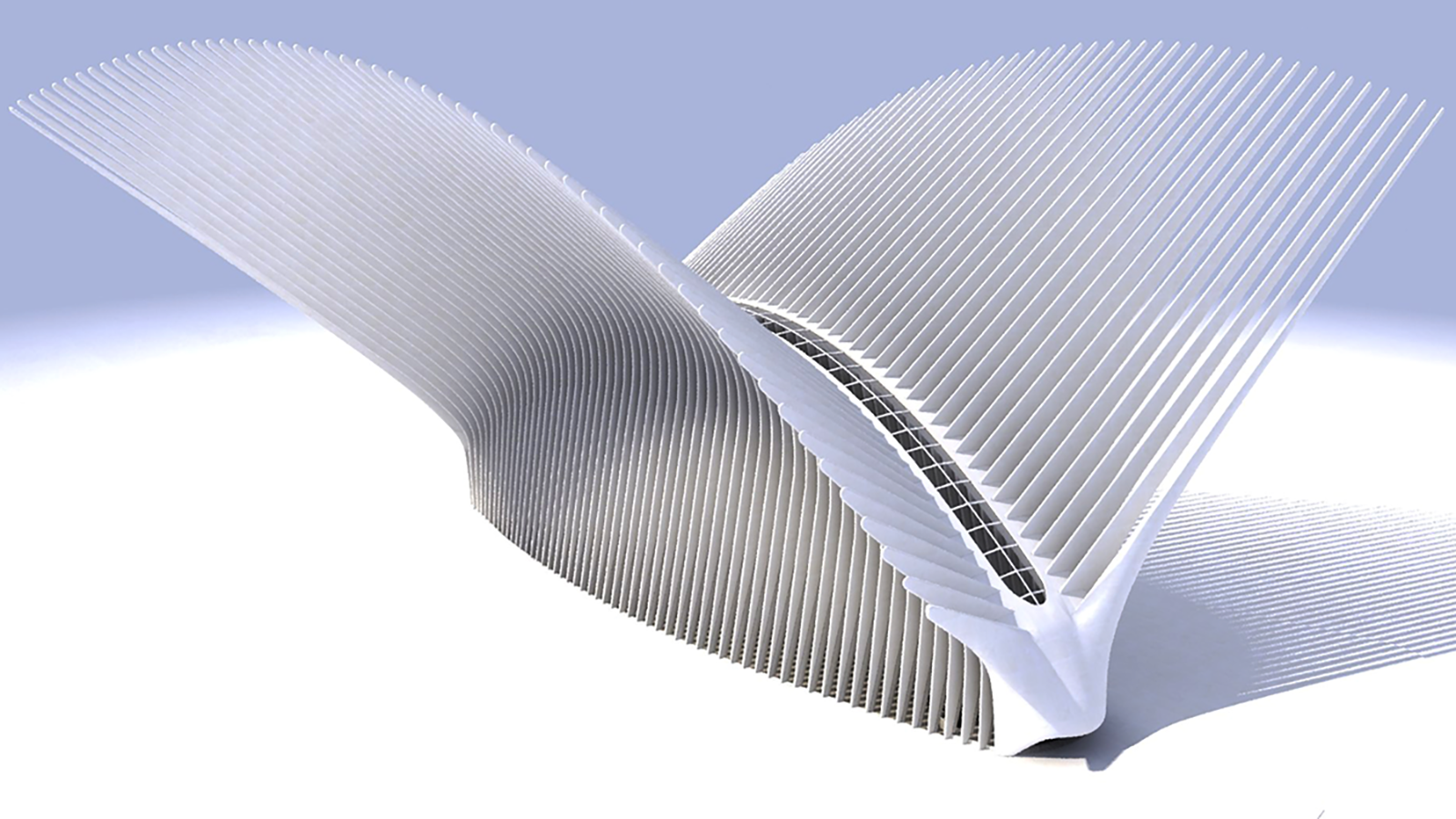
Biology
The study of living organisms, divided into many specialized fields that cover their morphology, physiology, anatomy, behaviour, origin, and distribution.
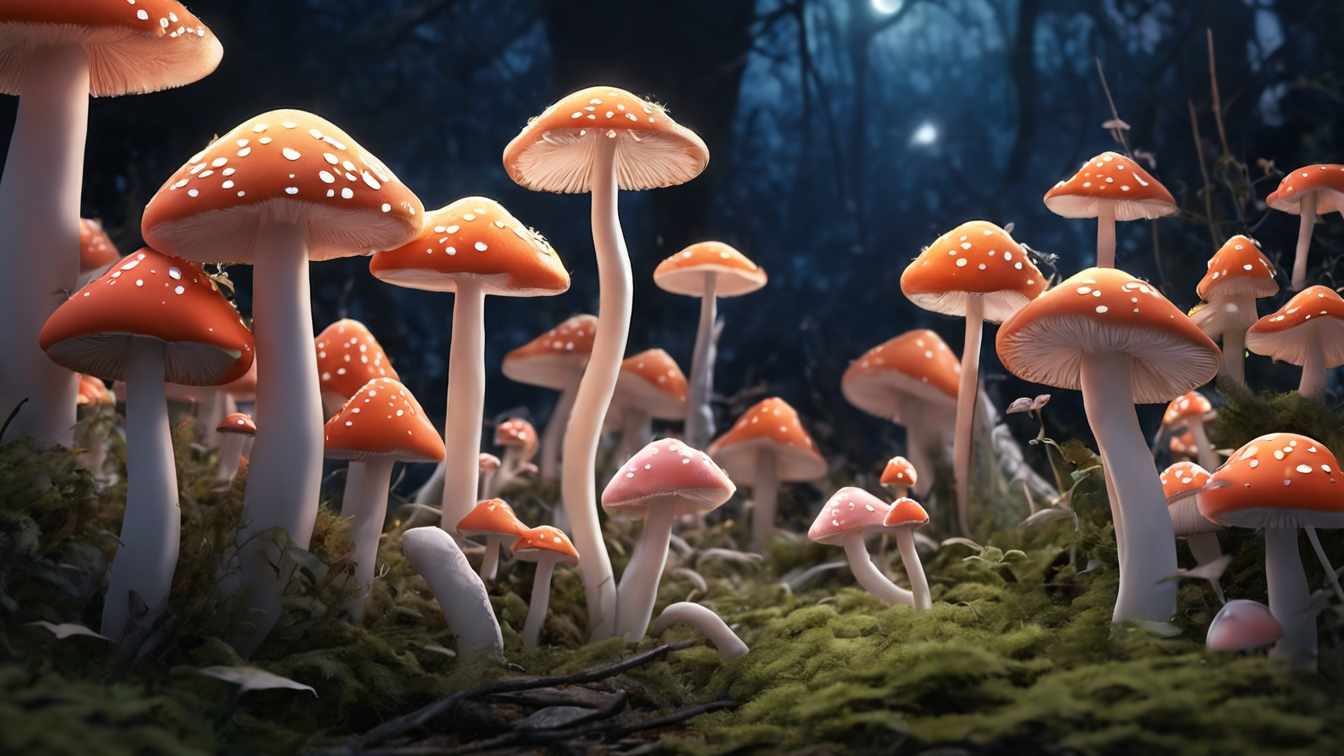
Complexity Theory
Complexity theory and organizations, also called complexity strategy or complex adaptive organizations, is the use of the study of complexity systems in the field of strategic management and organizational studies.

Computer Vision
Computer vision is a field of artificial intelligence (AI) that uses machine learning and neural networks to teach computers and systems to derive meaningful information from digital images, videos and other visual inputs—and to make recommendations or take actions when they see defects or issues.
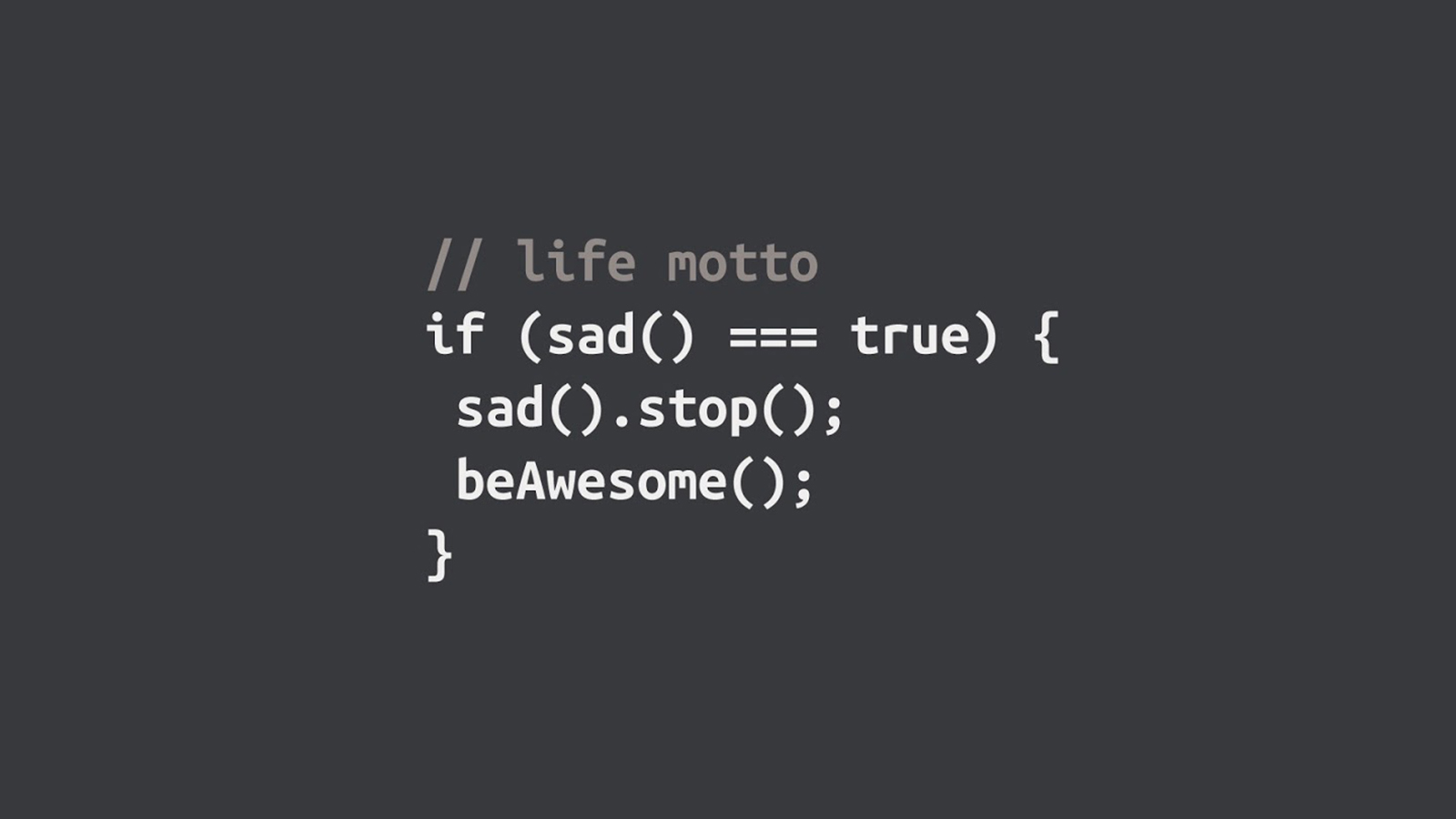
Data Science
Data science is the study of data to extract meaningful insights for business. It is a multidisciplinary approach that combines principles and practices from the fields of mathematics, statistics, artificial intelligence, and computer engineering to analyze large amounts of data.
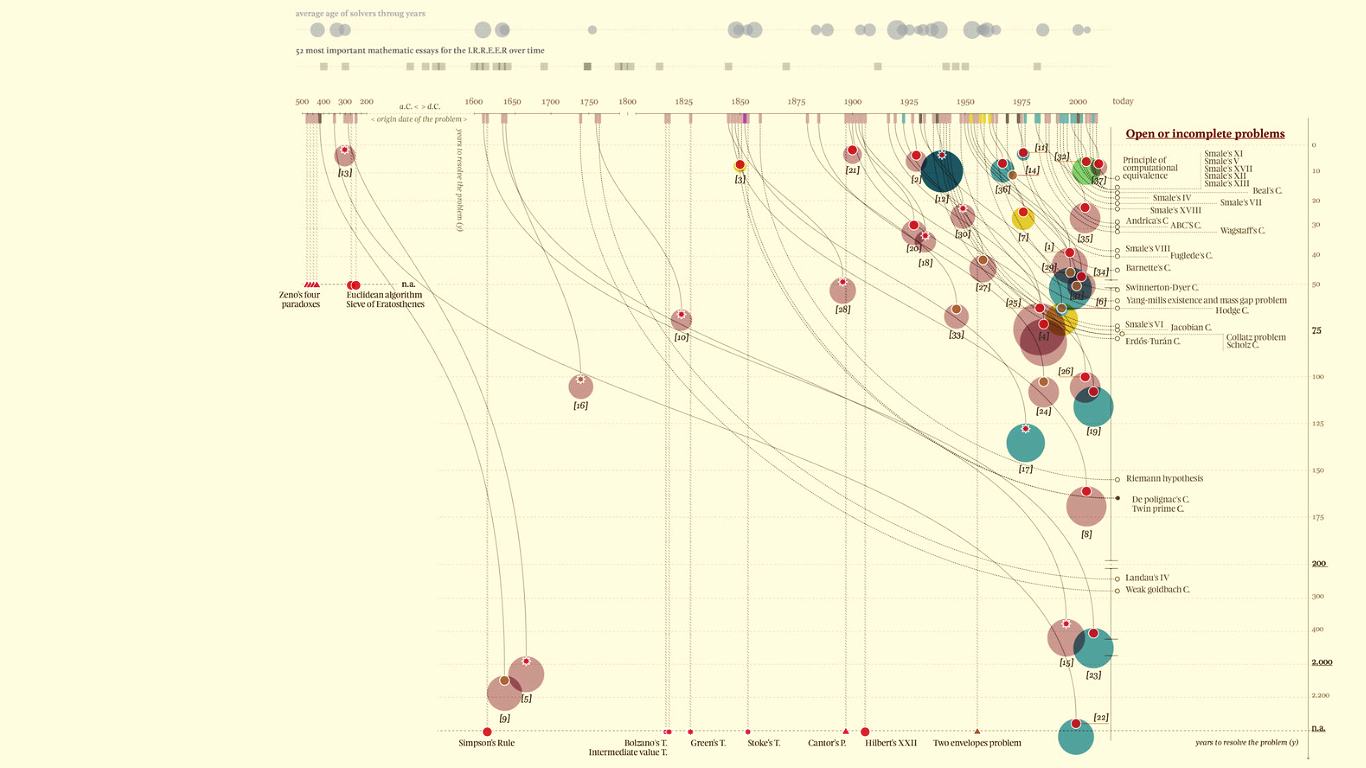
Design
A design is the concept of or proposal for an object, process, or system. The word design refers to something that is or has been intentionally created by a thinking agent, and is sometimes used to refer to the inherent nature of something – its design. The verb to design expresses the process of developing a design.
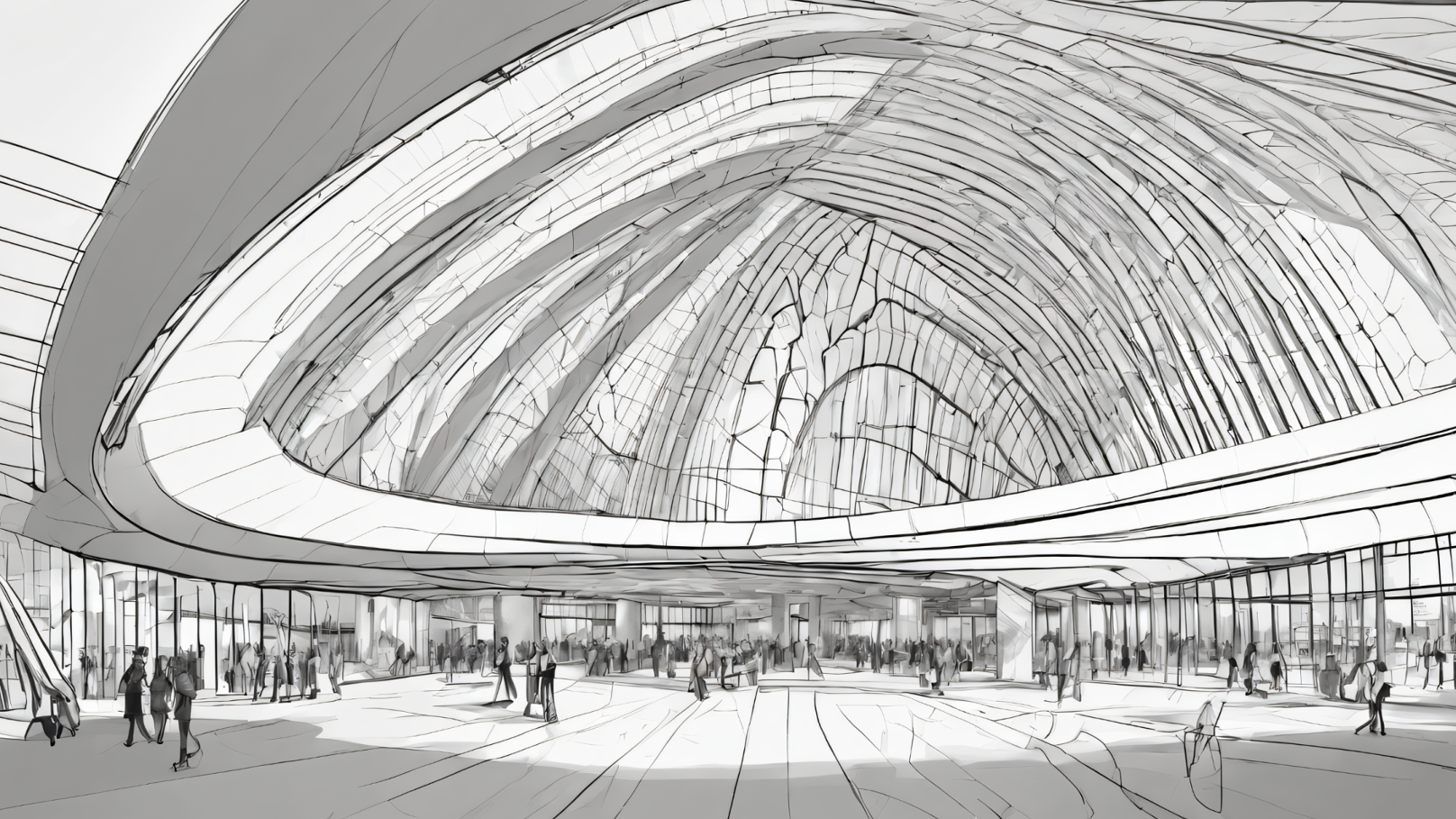
Games
A video game, also known as a computer game or just a game, is an electronic game that involves interaction with a user interface or input device (such as a joystick, controller, keyboard, or motion sensing device) to generate visual feedback from a display device, most commonly shown in a video format on a television set, computer monitor, flat-panel display or touchscreen on handheld devices, or a virtual reality headset.
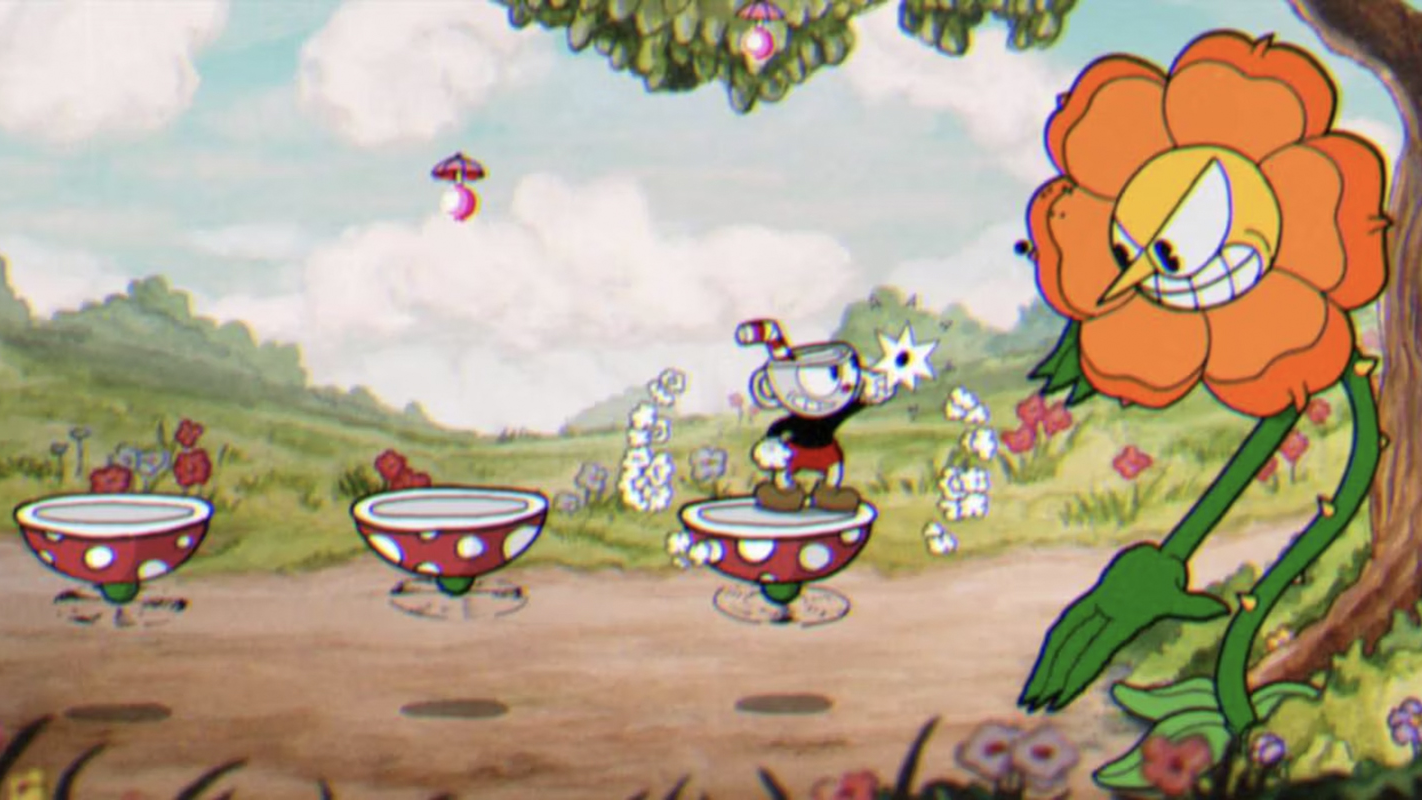
Graph Theory and Applications
In mathematics, graph theory is the study of graphs, which are mathematical structures used to model pairwise relations between objects. A graph in this context is made up of vertices which are connected by edges.
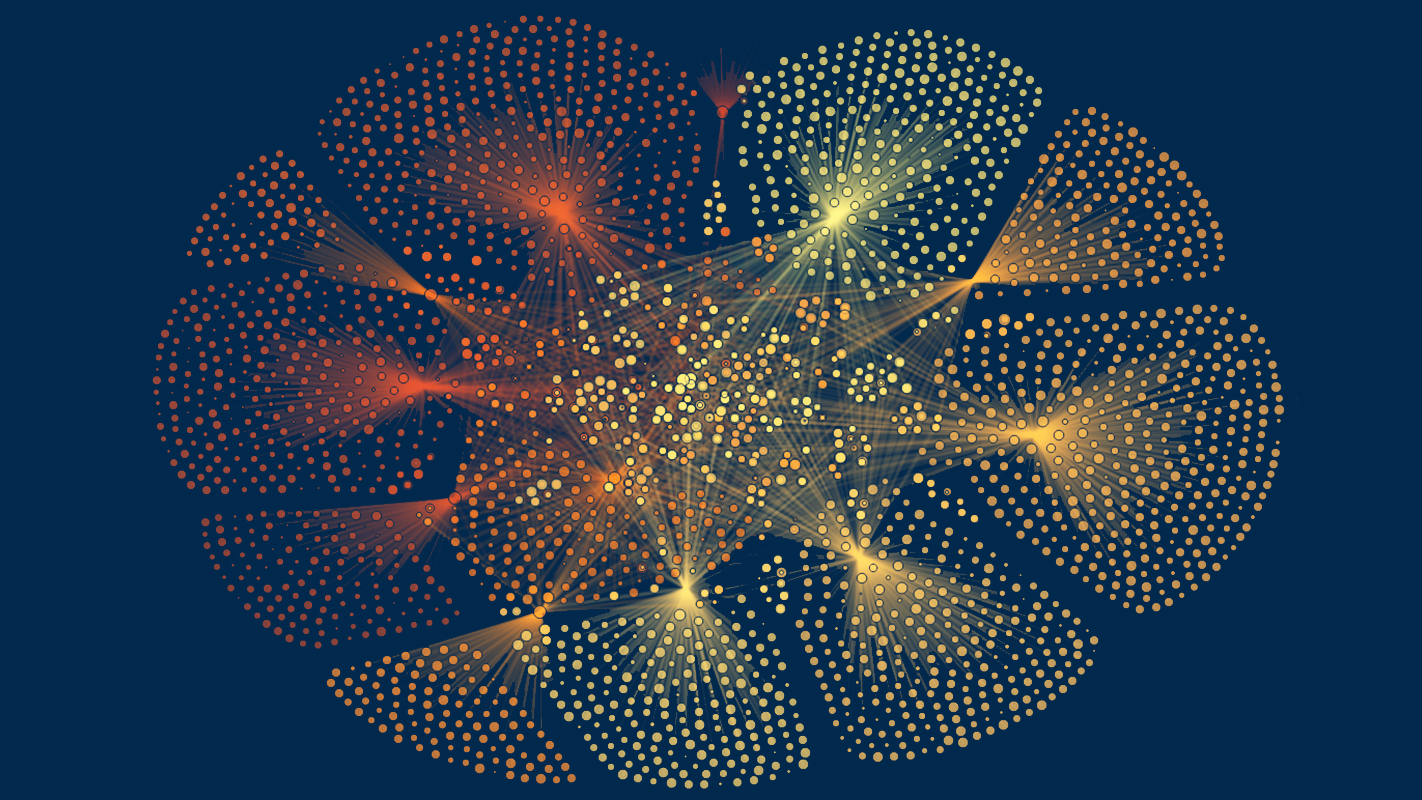
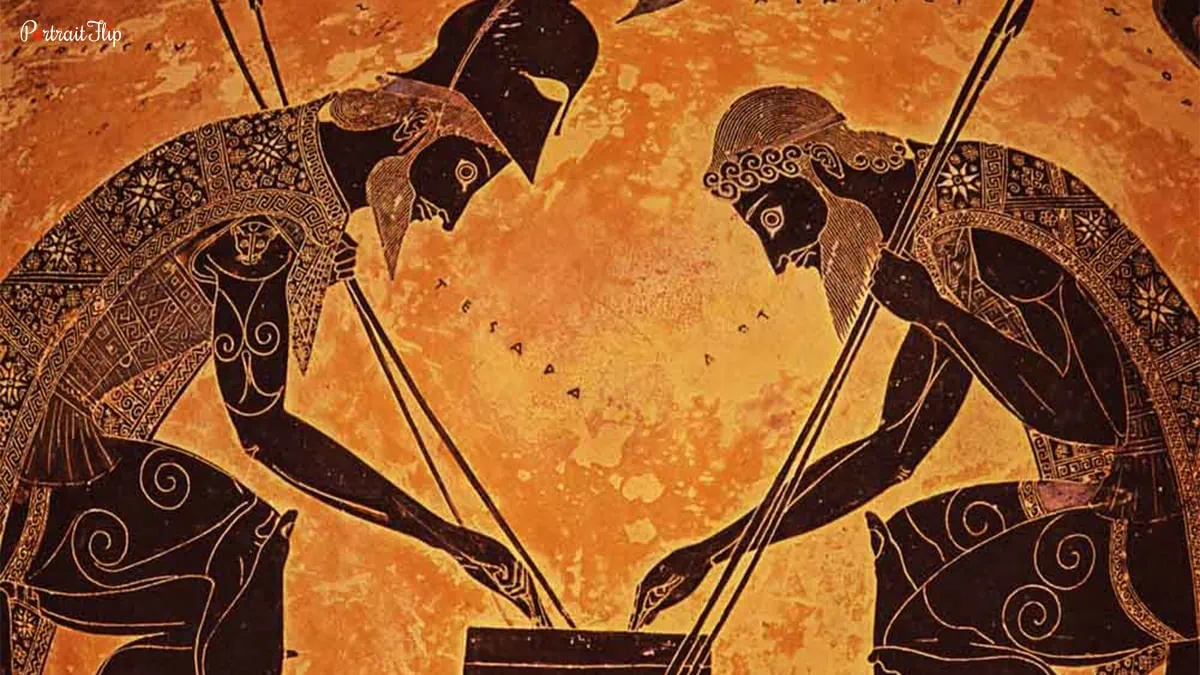
Innovation
Innovation is the practical implementation of ideas that result in the introduction of new goods or services or improvement in offering goods or services.

Literature
Literature is any collection of written work, but it is also used more narrowly for writings specifically considered to be an art form, especially novels, plays, and poems. It includes both print and digital writing.

Machine Learning
Machine learning is a field of study in artificial intelligence concerned with the development and study of statistical algorithms that can learn from data and generalize to unseen data and thus perform tasks without explicit instructions.
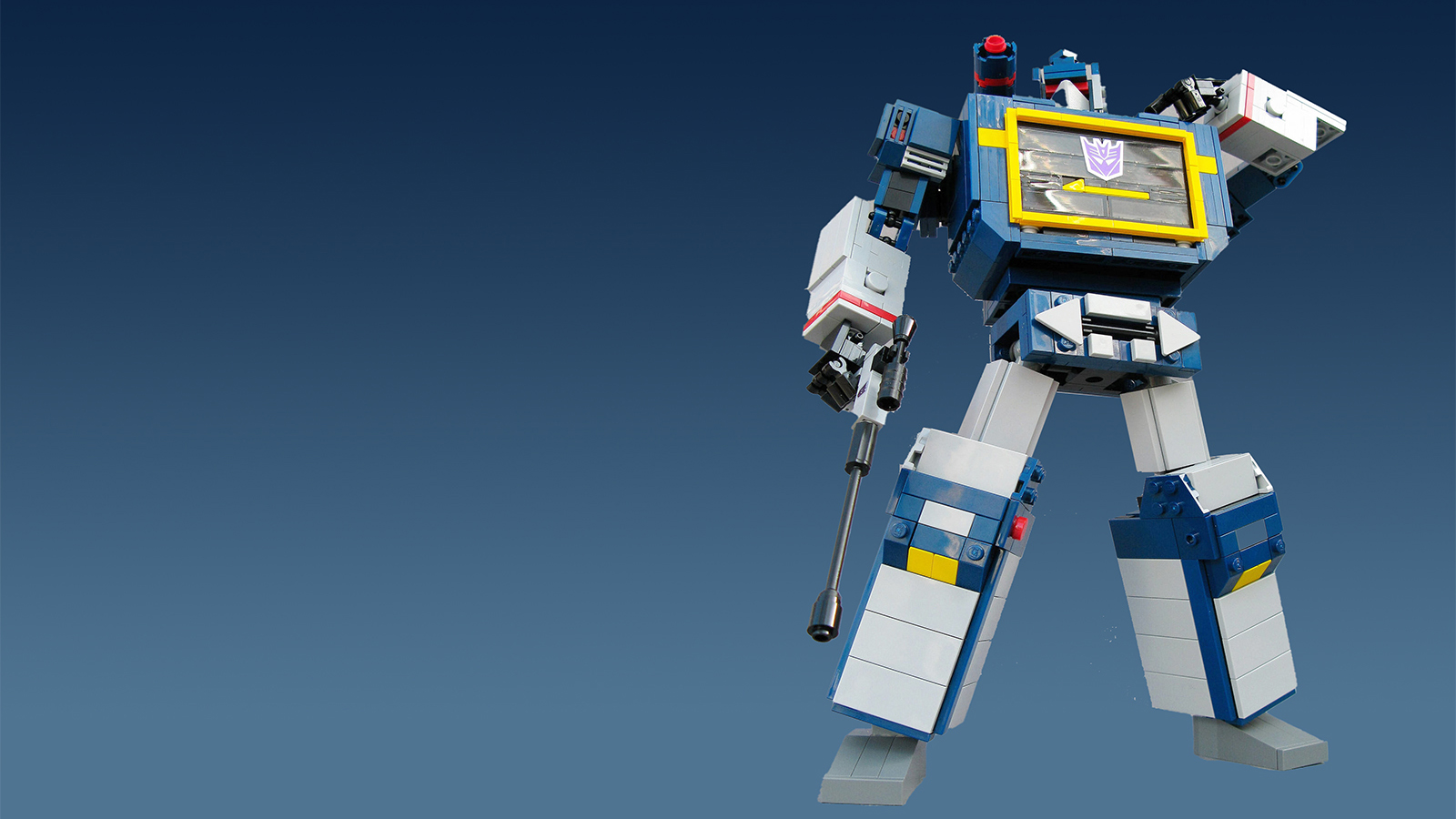
Mathematics
the abstract science of number, quantity, and space, either as abstract concepts ( pure mathematics ), or as applied to other disciplines such as physics and engineering ( applied mathematics ).

Music
vocal or instrumental sounds (or both) combined in such a way as to produce beauty of form, harmony, and expression of emotion.
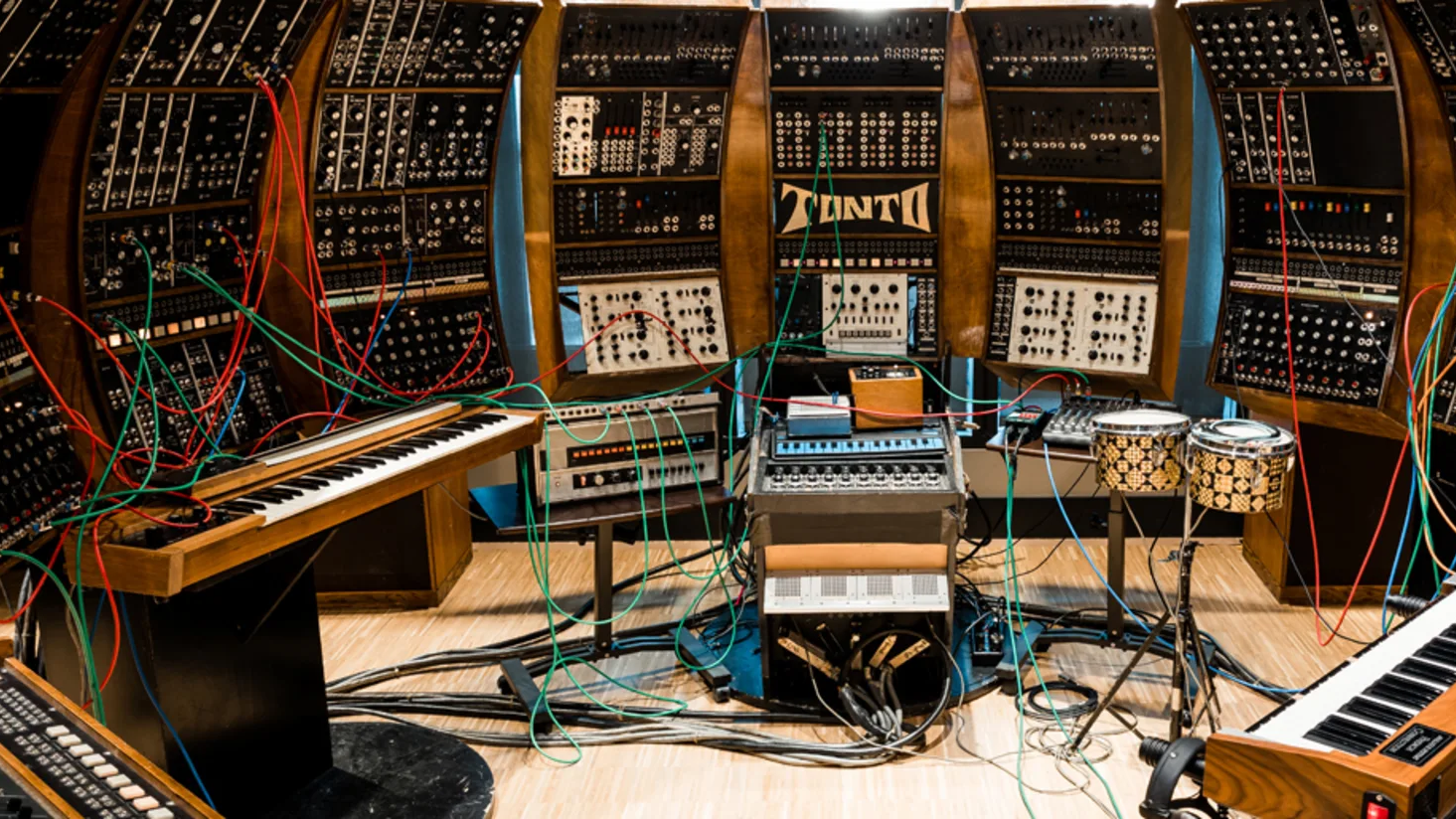
Neurodivergence
the range of differences in individual brain function and behavioural traits, regarded as part of normal variation in the human population (used especially in the context of autistic spectrum disorders).
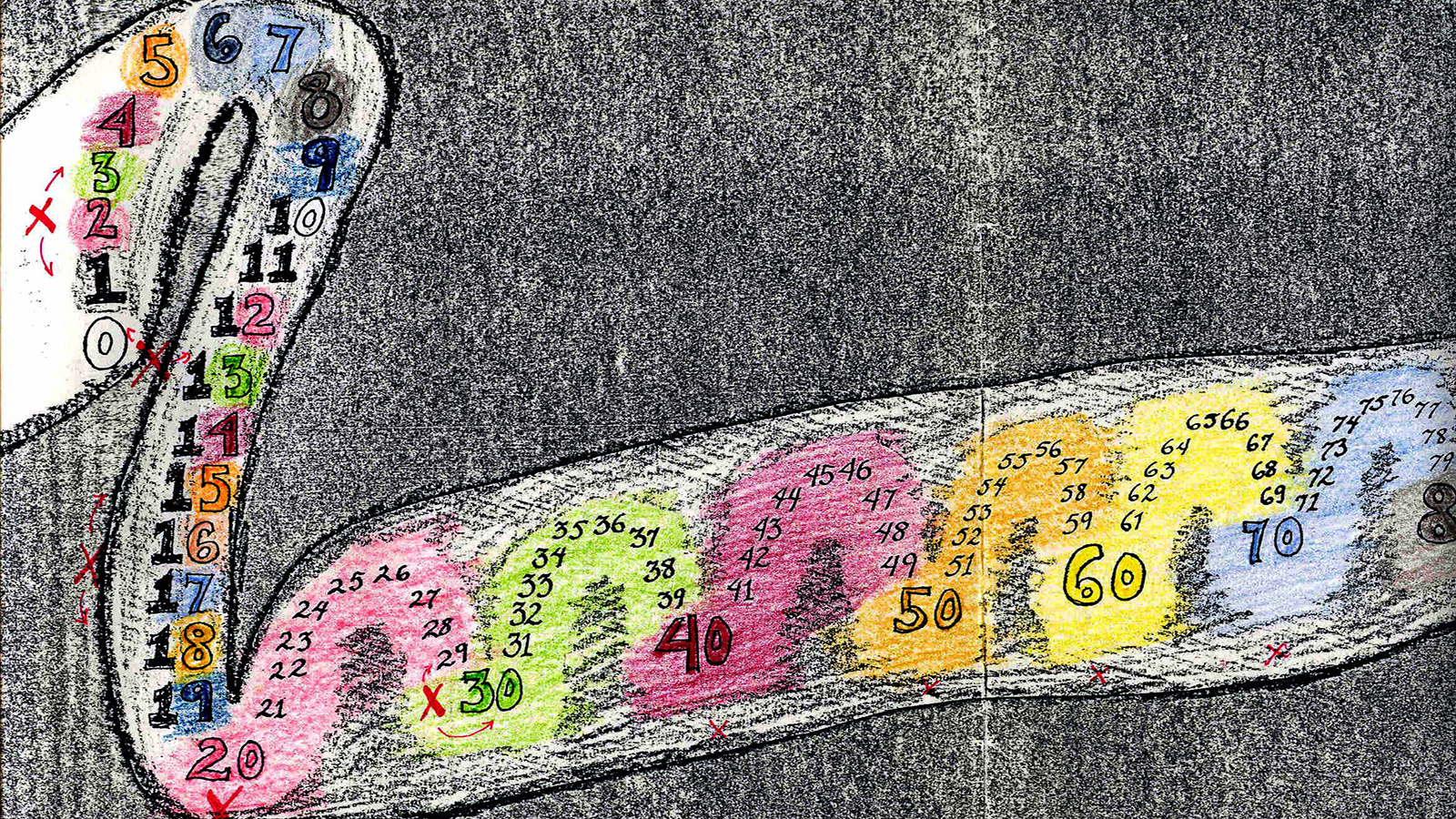
Natural Language Processing
the application of computational techniques to the analysis and synthesis of natural language and speech.
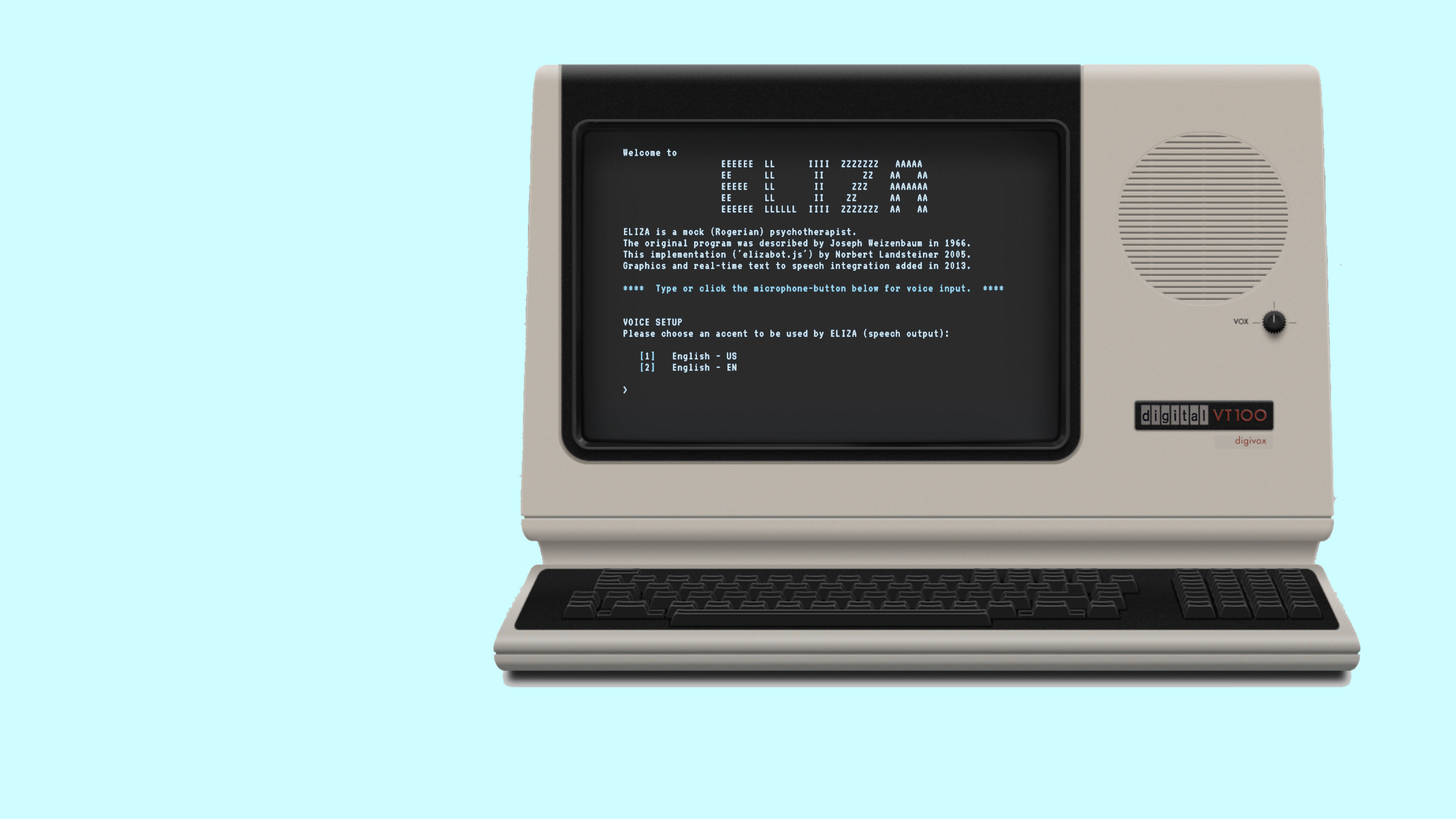
Perception
Perception is the organization, identification, and interpretation of sensory information in order to represent and understand the presented information or environment. All perception involves signals that go through the nervous system, which in turn result from physical or chemical stimulation of the sensory system.
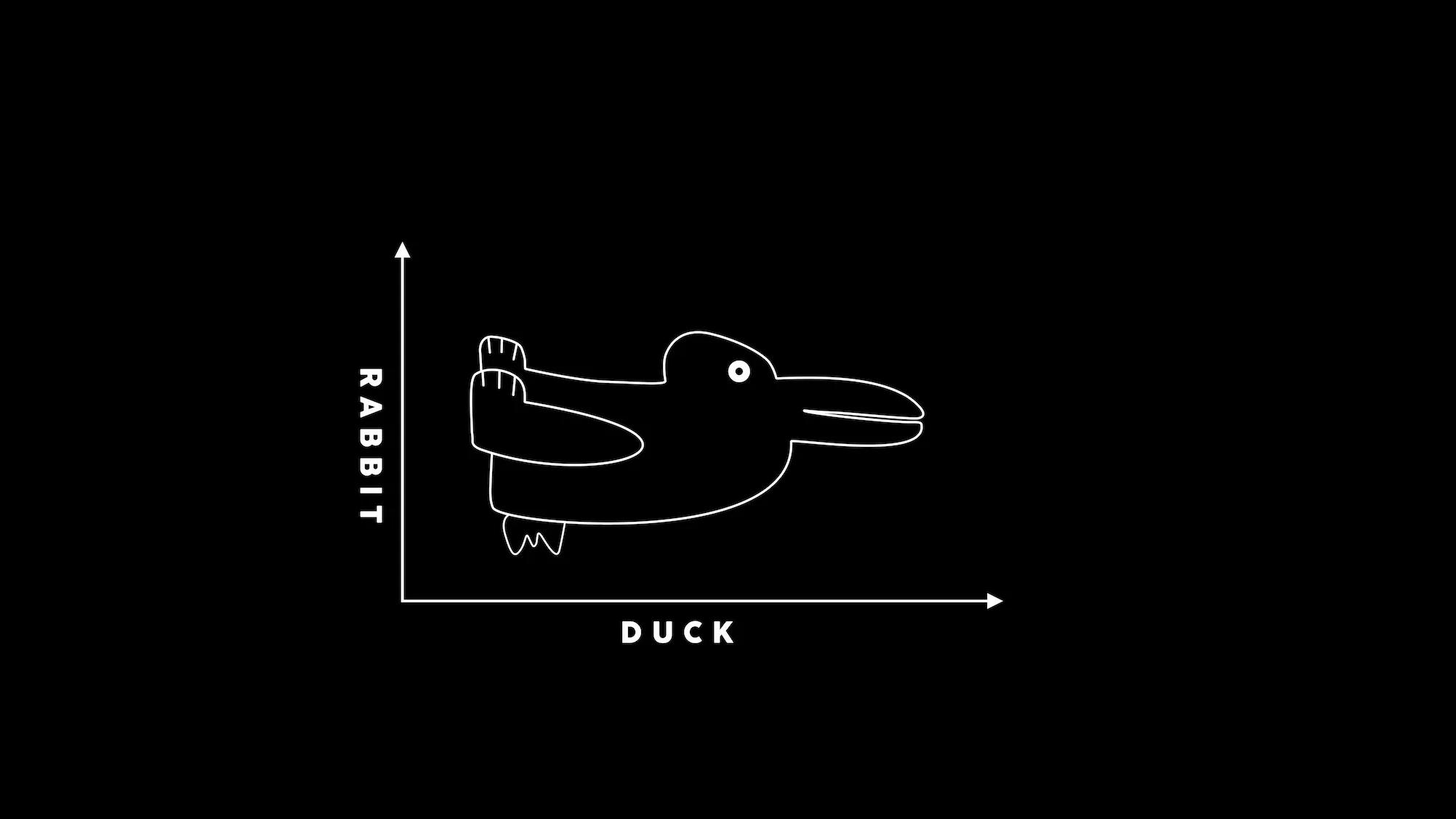
Philosophy
the study of the fundamental nature of knowledge, reality, and existence, especially when considered as an academic discipline.
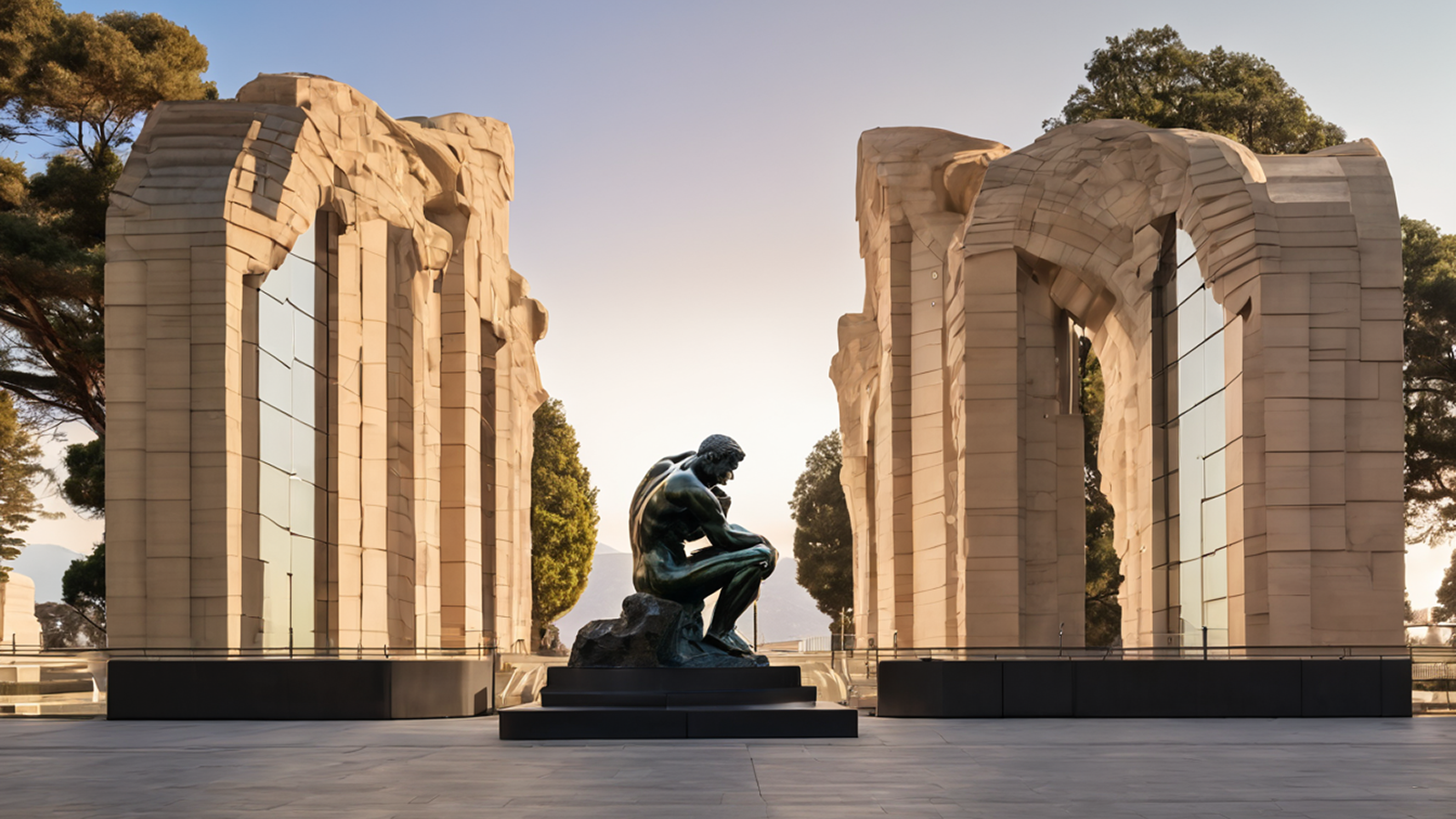
Physics
the branch of science concerned with the nature and properties of matter and energy. The subject matter of physics includes mechanics, heat, light and other radiation, sound, electricity, magnetism, and the structure of atoms.
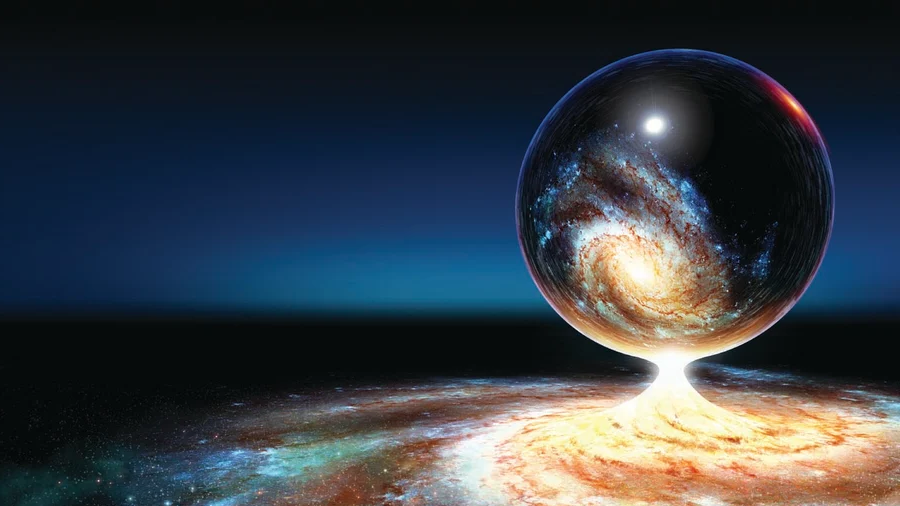
Quantum Computing
A quantum computer is a computer that exploits quantum mechanical phenomena. On small scales, physical matter exhibits properties of both particles and waves, and quantum computing leverages this behavior using specialized hardware.
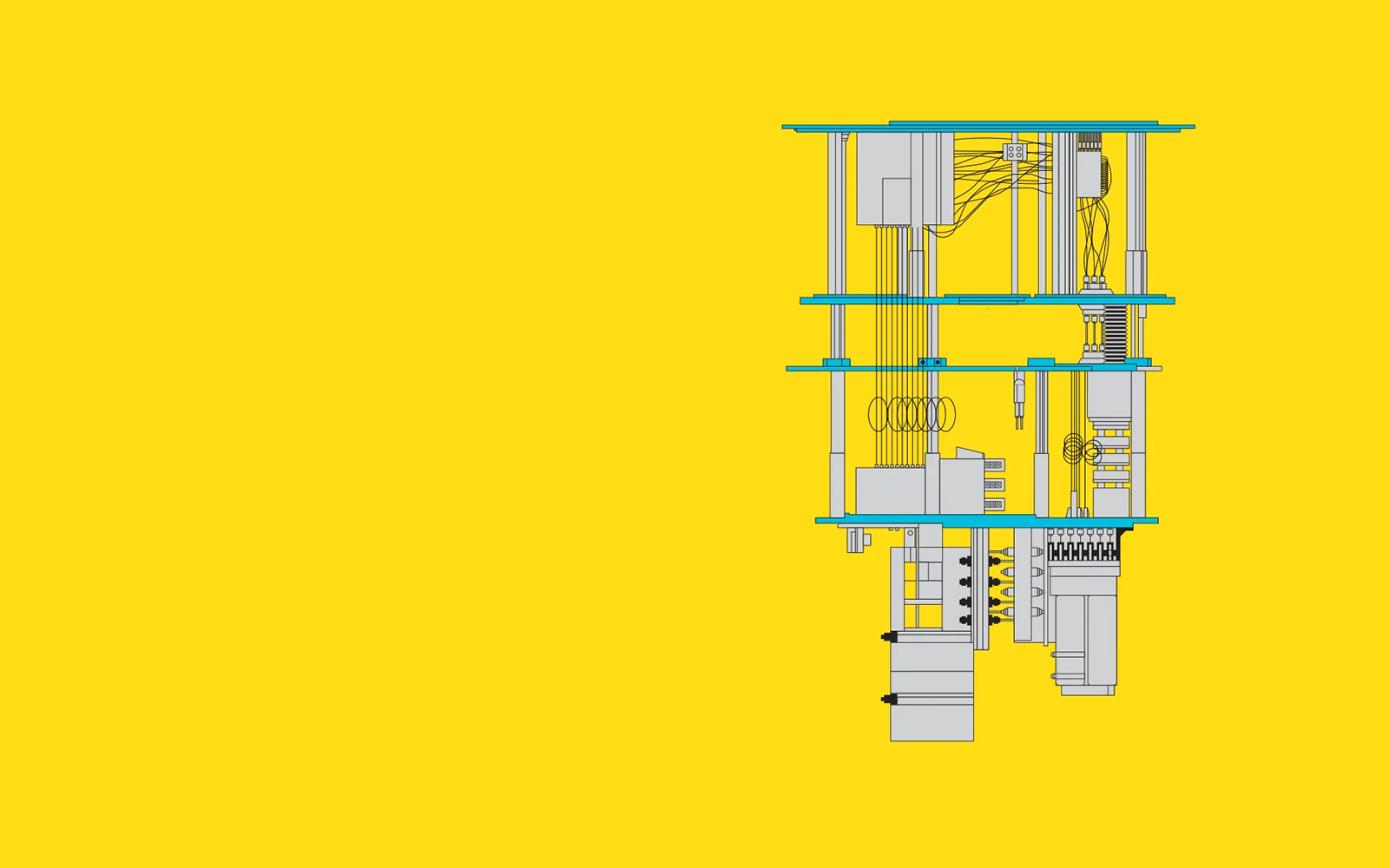
Robotics
Robotics is a branch of engineering and computer science that involves the conception, design, manufacture and operation of robots.
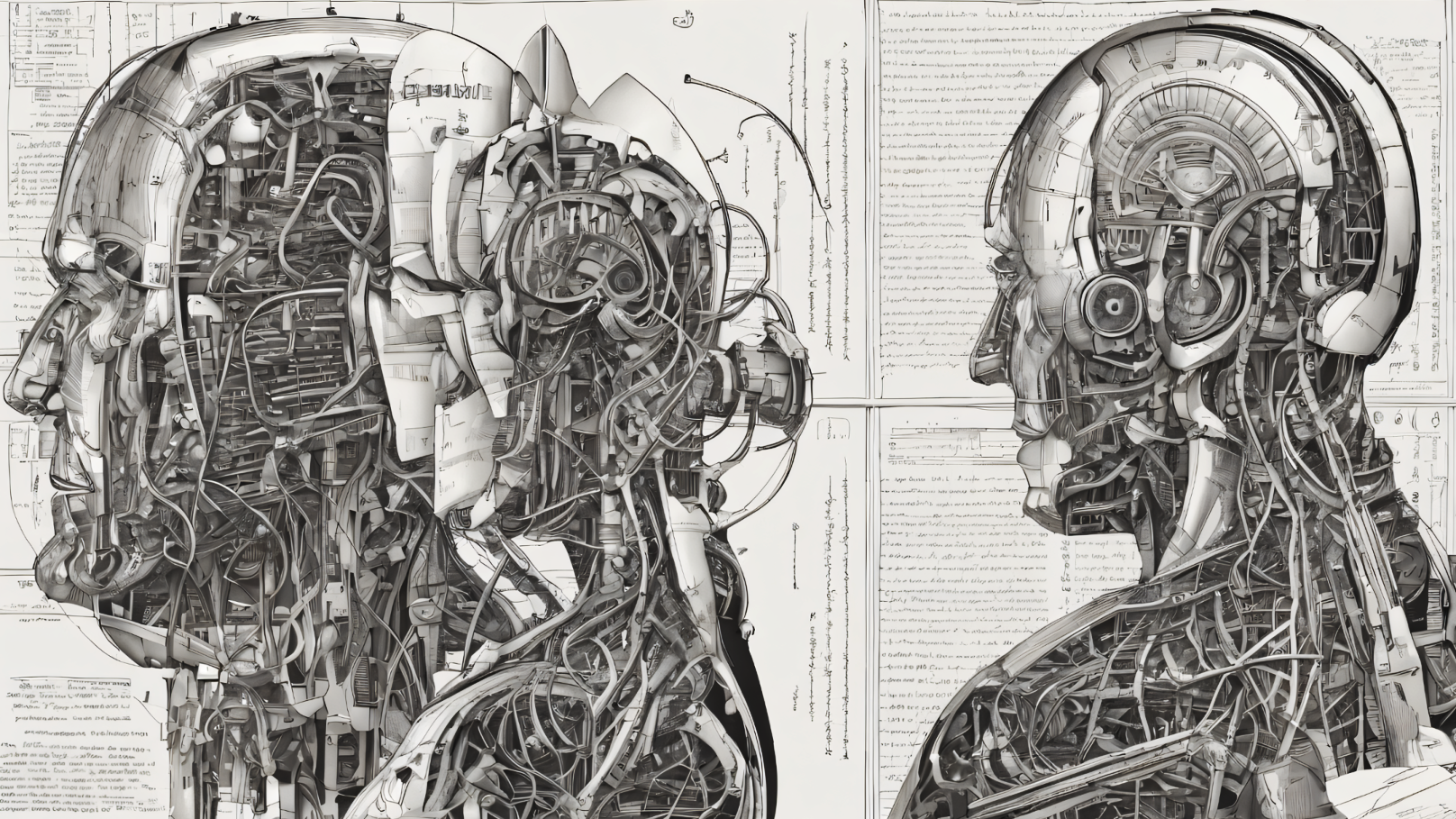
Social Physics
Social physics or sociophysics is a field of science which uses mathematical tools inspired by physics to understand the behavior of human crowds. In a modern commercial use, it can also refer to the analysis of social phenomena with big data.
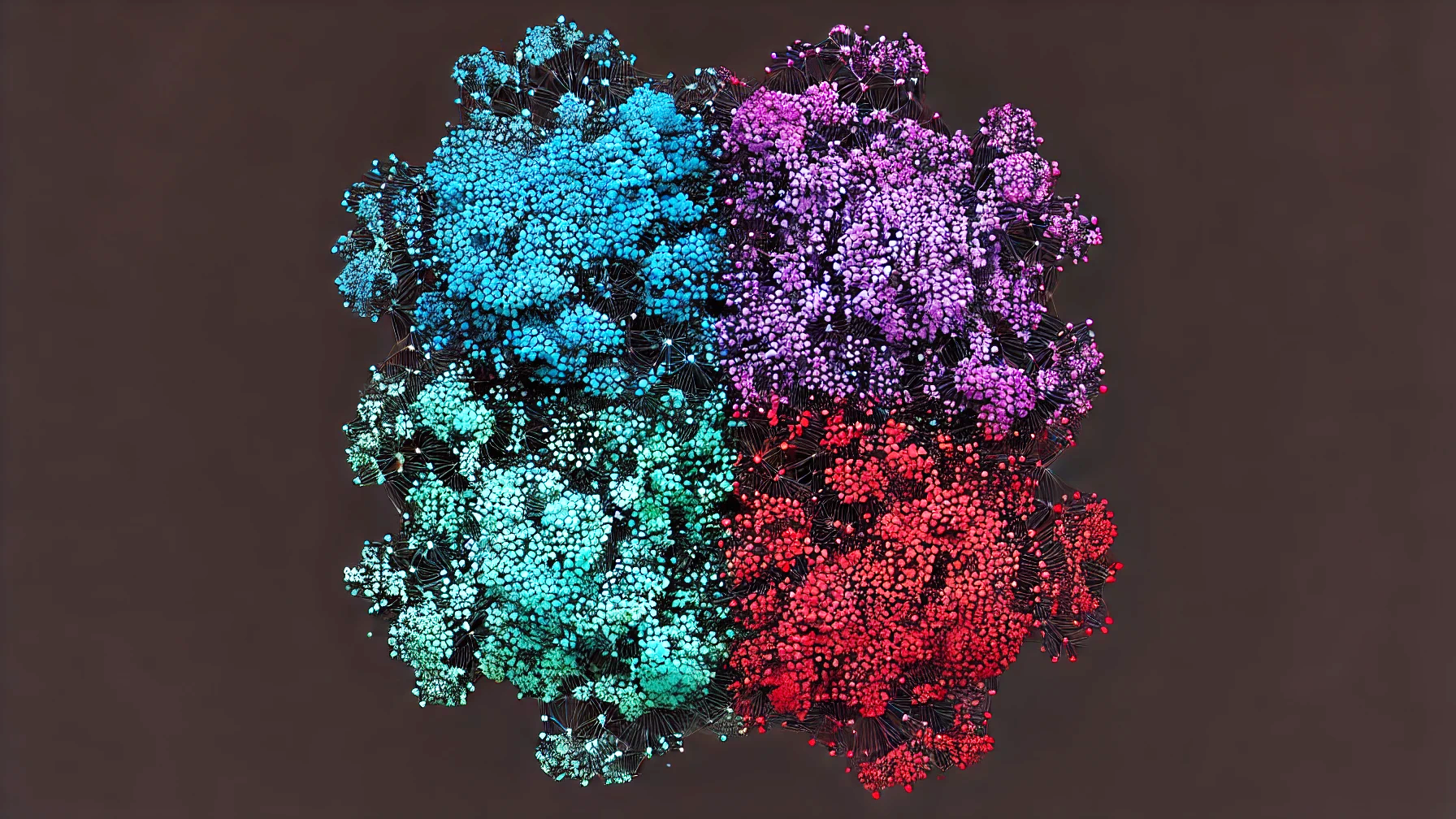
Society and Technology
A society is a group of individuals involved in persistent social interaction or a large social group sharing the same spatial or social territory, typically subject to the same political authority and dominant cultural expectations.


Statistics
The study of the fundamental nature of knowledge, reality, and existence, especially when considered as an academic discipline.
